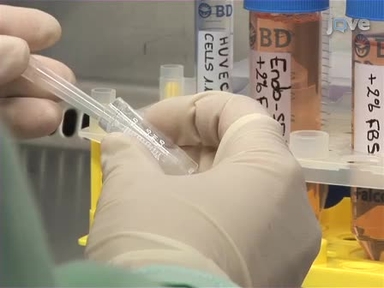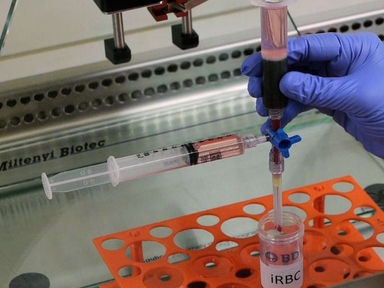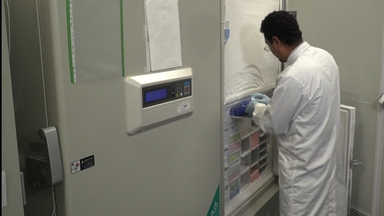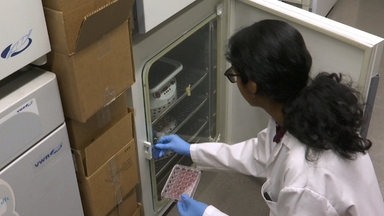A TNBS-Induced Rodent Model to Study the Pathogenic Role of Mechanical Stress in Crohn's Disease
March 1st, 2022
•The present protocol describes the development of a Crohn's-like colitis model in rodents. Transmural inflammation leads to stenosis at the TNBS instillation site, and mechanical enlargement is observed in the segment proximal to the stenosis. These changes allow studying mechanical stress in colitis.
Related Videos

Introducing Shear Stress in the Study of Bacterial Adhesion

Cutaneous Leishmaniasis in the Dorsal Skin of Hamsters: a Useful Model for the Screening of Antileishmanial Drugs

Induction of Graft-versus-host Disease and In Vivo T Cell Monitoring Using an MHC-matched Murine Model

Use of Artificial Sputum Medium to Test Antibiotic Efficacy Against Pseudomonas aeruginosa in Conditions More Relevant to the Cystic Fibrosis Lung

Examining the Role of Nasopharyngeal-associated Lymphoreticular Tissue (NALT) in Mouse Responses to Vaccines

An In vitro Co-infection Model to Study Plasmodium falciparum-HIV-1 Interactions in Human Primary Monocyte-derived Immune Cells

An In vitro Model to Study Heterogeneity of Human Macrophage Differentiation and Polarization

The WinCF Model - An Inexpensive and Tractable Microcosm of a Mucus Plugged Bronchiole to Study the Microbiology of Lung Infections

An Ex Vivo Chicken Primary Bursal-cell Culture Model to Study Infectious Bursal Disease Virus Pathogenesis

Production of Pseudotyped Particles to Study Highly Pathogenic Coronaviruses in a Biosafety Level 2 Setting
ABOUT JoVE
Copyright © 2024 MyJoVE Corporation. All rights reserved